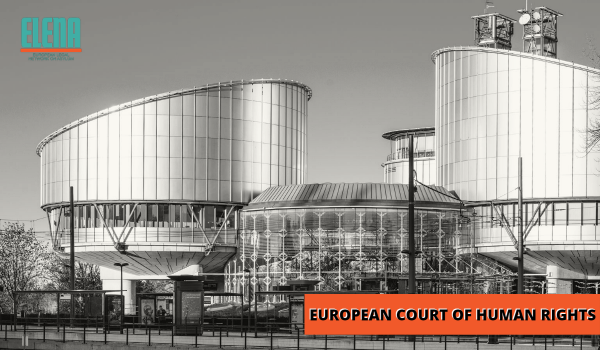On the 4th of July 2023, the European Court of Human Rights (ECtHR) ruled in its judgment B.F. and Others v Switzerland, nos. 13258/18, 15500/18, 57303/18 and 9078/20. The case concerned four Eritrean nationals, B.F., D.E., S.Y., S.M., and one Chinese national of Tibetan ethnicity, J.K, residing in Switzerland. They were recognised as refugees but were granted provisional admission rather than asylum since their refugee grounds arose following their departure from their countries and because of their own actions. Consequently, they were not legally entitled to family reunification however reunification was discretionary possible but subject to cumulative conditions. Their applications were rejected because one of these conditions, non-reliance on social assistance, was not satisfied and the Administrative Federal Court ruled that it did not breach Article 8 of the European Convention on Human Rights (ECHR).
The ECtHR first declared that Switzerland enjoys a margin of appreciation requiring non-reliance on social assistance to grant family reunification to refugees whose grounds for refugee status arose following their departure and because of their own actions. The Court however stated that these refugees should not be required to “do the impossible”, hence, the ECtHR examined whether the requests were processed with flexibility and entailed an individualised fair-balance assessment to comply with the right to family life.
After carefully examining different relevant elements, the ECtHR specifically focused on the non-reliance on social assistance. The ECtHR first ruled that J.K. had been integrated into the labour market for years and had done all reasonably expected to earn a living that sufficed to cover his and his family’s expenses. The Court then assessed the situation of S.Y. and stated that it is difficult for her to work full-time as she is raising her three minor children alone. The ECtHR considered that by working part-time the applicant had done all that could reasonably be expected to support herself and her children. Applying the requirement of non-reliance on social assistance without flexibility would constitute a permanent bar on family reunification. Regarding the situation of B.F. and D.E, the Court noted that B.F. was never employed in Switzerland as she was recognised to be unfit to work. The Court was not satisfied that the Federal Administrative Court, who stated that she would continue to rely on social assistance in the long run, sufficiently examined whether B.F.’s health would enable her to work at least to a certain extent. In view of the above, the ECtHR ruled that Switzerland violated Article 8 ECHR by not striking a fair balance between the applicants’ interests to reunited with their family and the interest of the country to protect their economic well-being.
We would like to thank Boris Wijkström, from Centre Suisse pour la Défense des Droits des Migrants, for bringing this case to our attention

